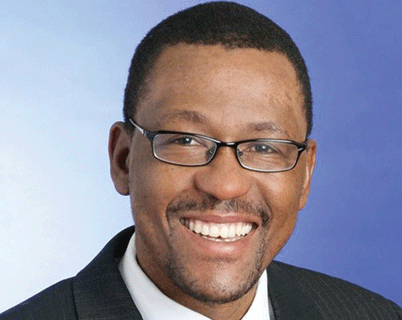
THE idea that local actors such as the State and citizens play a diminished role in managing economic globalisation predominantly within their countries is widespread.
Kuthula Njokweni
Closely linked to this idea is that economic globalisation processes such as free trade and foreign direct investment (FDI) are assigned greater prominence than local programmes such as indigenisation and empowerment in shaping national economic development.
The myth of the diminished role of local actors is demonstrated by the discourse around indigenisation and empowerment programme in Zimbabwe.
The programme being implemented by the government is characterised as reckless and likely to scare away investors and damage the economy.
They claim that it is futile for the State to try and manage or influence economic globalisation using the indigenisation and empowerment law.
This narrative stands as a compelling reason to discontinue the government’s indigenisation and empowerment programme.
However, such a narrative ignores the rationale behind the policy. Indigenous business entities create an economy that is owned by indigenous Zimbabweans and tends to have a local developmental orientation.
- Chamisa under fire over US$120K donation
- Mavhunga puts DeMbare into Chibuku quarterfinals
- Pension funds bet on Cabora Bassa oilfields
- Councils defy govt fire tender directive
Keep Reading
The orientation tends to align with the developmental needs of the country such as sustainable economic growth, fostering entrepreneurship and lifting the standard of living for citizens.
The indigenisation and empowerment programme allows the indigenous population to build capacity by partnering with foreign investors who bring different sets of skills and capital injection.
The locals facilitate easier access for foreign investors to things like raw materials, local knowledge, concessions and markets.
All developed countries in the world have followed such a developmental trajectory in promoting indigenous businesses as a long-term strategy to empower their people and build viable economies. Foreign investors went to those countries to form partnerships and embraced the concept. Indigenisation and empowerment policies do not scare away investors.
In Zimbabwe, the investors have recently indicated their intention to continue engaging government and see how best they can comply with the law. Most of these processes are decided, shaped and implemented by predominantly the State and citizens.
It becomes difficult, therefore, to sustain an argument that the State and citizens have a diminished role to play in managing economic globalisation nationally.
There is nothing wrong with a State or the citizens pursuing their interests. It is the primary role of the State and citizens to pursue national interest first!
Zimbabwe is the territorial space where local actors can interact with economic globalisation and make it work for them.
Zimbabweans can’t effectively influence economic globalisation that is happening in, say, Tanzania, Germany or India. Indigenous investors cannot influence something they do not control.
They need to own the Zimbabwean economy so that they can influence the way it interacts with economic globalisation.
Foreign investors cannot be left to their own dictates, they need to be managed. They are mostly rent seekers who don’t base their investment decisions on benevolence for the native.
They seek to minimise operational expenditures at all costs, maximise profits, and pay little taxes and or royalties. These investors use free trade rules and their financial muscle to open up national markets.
However, in the end, the State and citizens have to manage the investors’ conduct and ensure that their financial interests align with national laws and the national interest.
Such problems associated with economic globalisation are not reasons to abandon it. Zimbabwe still needs to engage in economic globalisation processes such as trade and investment.
The State, through the indigenisation and empowerment programme, has a tool with which to manage economic globalisation to benefit its citizens.
Therefore, it is not entirely true that states have been weakened by economic globalisation and can do nothing to shape it for its own benefit and that of its citizens. The Zimbabwe case demonstrates that it can be done.
The current global geopolitical configuration also provides the State and citizens with an opportunity to shape and manage economic globalisation in Zimbabwe.
The rush to secure strategic resources as a result of the rise of China, India and Brazil has exerted pressure on economic globalisation forces to negotiate from a vulnerable position.
These countries need Zimbabwe’s diamonds, platinum, gold, iron, etc and they will enter into partnerships with locals than lose to other competitors.
The seemingly hard-nosed negotiations in complying with the law are a tactic to get a better deal. The evidence of this assertion is in the number of big companies in Zimbabwe who initially resisted the indigenisation and empowerment programme but have since signed on.
Through the programme, the State and citizens interact with and manage economic globalisation to ensure it benefits them.
The interaction is being conducted in a manner consistent with international economic development and business standards.










